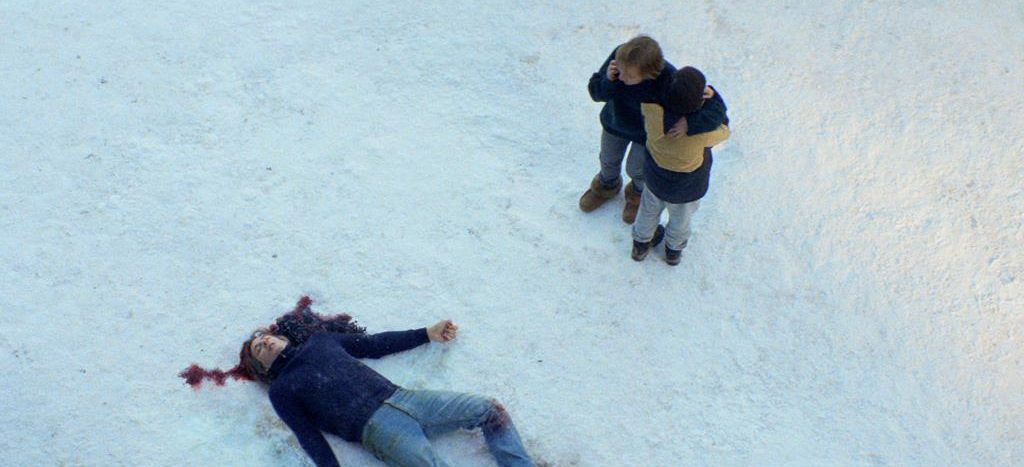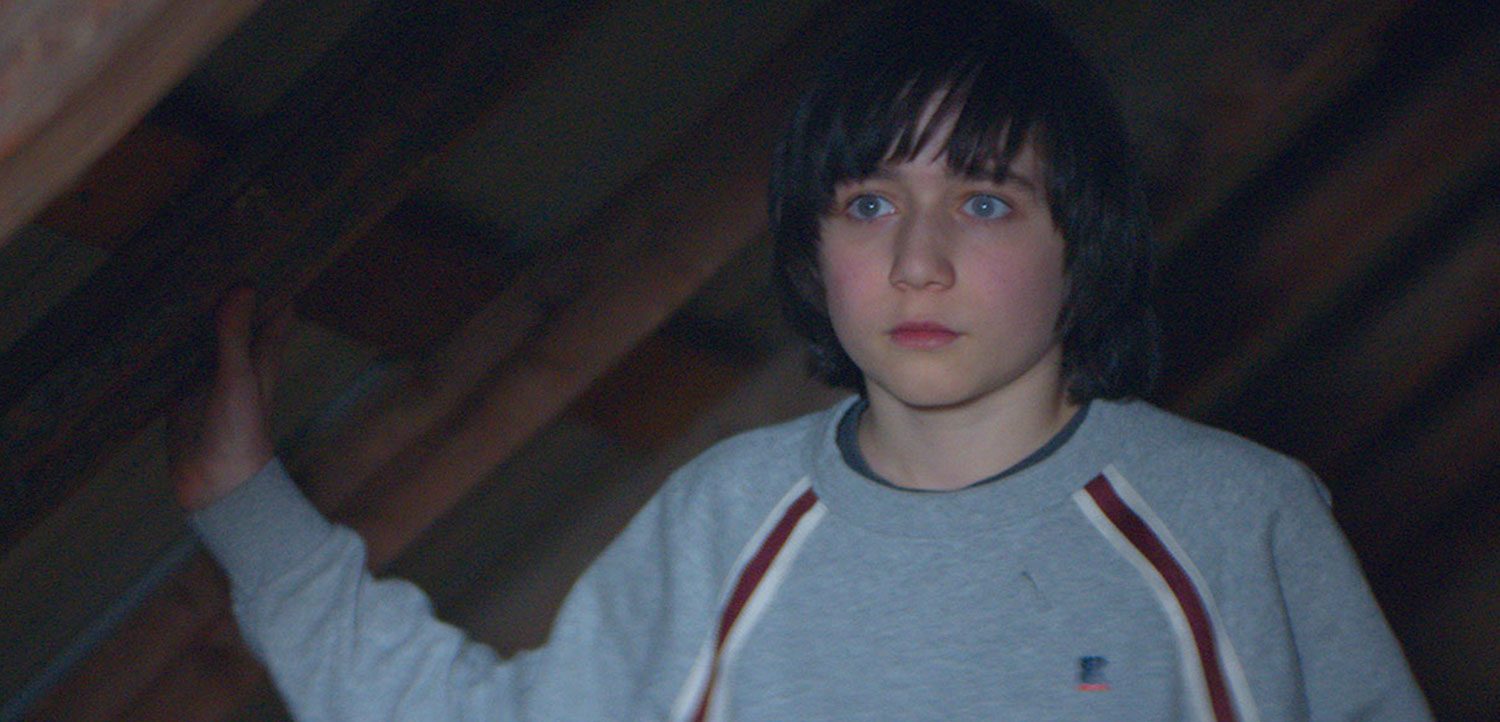French auteur Justine Triet’s Palme d’Or-winning legal drama film, ‘Anatomy of a Fall,’ moves beyond the courtroom to breach the domestic space as a thrilling adventure. It is mostly guided by the dynamic screen presence of Sandra Hüller, who plays the lead Sandra Voyter in the murder mystery. It revolves around the day Sandra and Samuel’s (Samuel Theis) son, Daniel (Milo Machado Graner), decides to take his dog Snoop for a walk after hearing his parents argue. Daniel lost his vision in an accident a few years ago, and if that wasn’t enough, he also stumbles upon his father’s body when he returns.
This starts a lengthy investigation with plenty of flashbacks, memories, and recurring pieces of evidence against Sandra, who was the only person present at the French cabin when her husband fell. As Sandra claims to be innocent and Daniel is still in shock, there’s a lot left to be uncovered about the mystery. This gripping thriller about a family with plenty of twists and thought-provoking moments also makes you wonder how true it is.
Anatomy of a Fall is Not Based on a True Story
‘Anatomy of a Fall’ is not based on a true story. However, it is certainly influenced by true crime documentaries, courtroom drama, and mostly the relationship and fights between a couple, which jump from real to fiction very soon based on people’s perceptions of these fights, which are cleverly woven into the story. In fact, director Triet worked on the script with her real-life partner Arthur Harari to explore the dynamics of a marriage and a relationship by talking about a lot of general issues that would resonate with a regular viewer watching the film unfold.

Triet and Harari have worked on many projects individually, but for this particular one, they decided to make full use of the Covid lockdown period to create the perceptions of a strained relationship and address the intricate details surrounding such arguments. They were guided more by inspiration regarding what they had seen around them than their own relationship. In an interview with Los Angeles Times, the couple admitted that writers can be possessive about their work, which is why they decided to explore a different angle by giving each other regular feedback on the part of the script they wrote so they could keep learning from mistakes and improve the script by taking care of the nuances.
The director also spoke to The Hollywood Reporter about how she wrote Sandra’s character as a German writer with the actor in mind throughout, after being impressed by Hüller’s work in the 2016 comedy movie ‘Toni Erdmann’ and later working with her, too, in her 2019 drama film ‘Sibyl.’ Triet feels Sandra’s ability to hold the character on screen makes her perfect for the role. Her intention was to add some mystery to the character while ensuring that she remains unapologetic and comfortable about who she is, which can even be a little intimidating. To depict this, the director even worked with the camera angles to shoot Hüller from below to show her as a larger personality.
Interestingly, the border collie Snoop is also seen as a major part of the family in the film. Even if he is voiceless, he is supposed to echo the expressions and mood of the room. The director initially wanted to show a scene where Snoop vomits to portray that Sandra’s husband lived on as a presence in the dog. While that isn’t very clear in the film, Snoop was always intended as a representative of the dead man. As for Daniel, who lost his vision, father and is on the verge of losing his mother too, the conflict and confusion on his face have been captured specifically to make the narrative more authentic. Since Daniel is also a crucial presence at the time of the crime, his role is always in question.

Another important theme Triet wanted to explore with Hüller was the importance of language in such a set-up. The film works with German, French and English, with Sandra feeling somewhat vulnerable when she has to defend herself in a French court in a language she’s not comfortable with. It also explores how things can get lost in translation and how an incorrect usage of a term can make her look more guilty than she probably is. This was an important aspect of the film since it entirely deals with heavy emotions, accusations and factual instances that can easily be made fictional by either side in the court by simply taking things out of context to prove a point.
This was mostly evident in how music has been used in the movie, since that feels important to the director. An audio recording of a fight between the couple becomes crucial too, since it is analyzed and interpreted in many ways to redirect the narrative. While it finally seems like a real heated argument between a regular couple, the events, plot points and many details of the narrative have been influenced by the 2011 crime drama ‘Amanda Knox: Murder on Trial in Italy,’ which inspired Triet to make a film similar to that, and ‘The Staircase’, a 2004 French docuseries involving the alleged murder of a woman by her husband. Evidently, while this film might not be based on true events, many people, themes and cinematic experiences seem to have inspired it.
Read More: Best Courtroom Drama Movies


You must be logged in to post a comment.